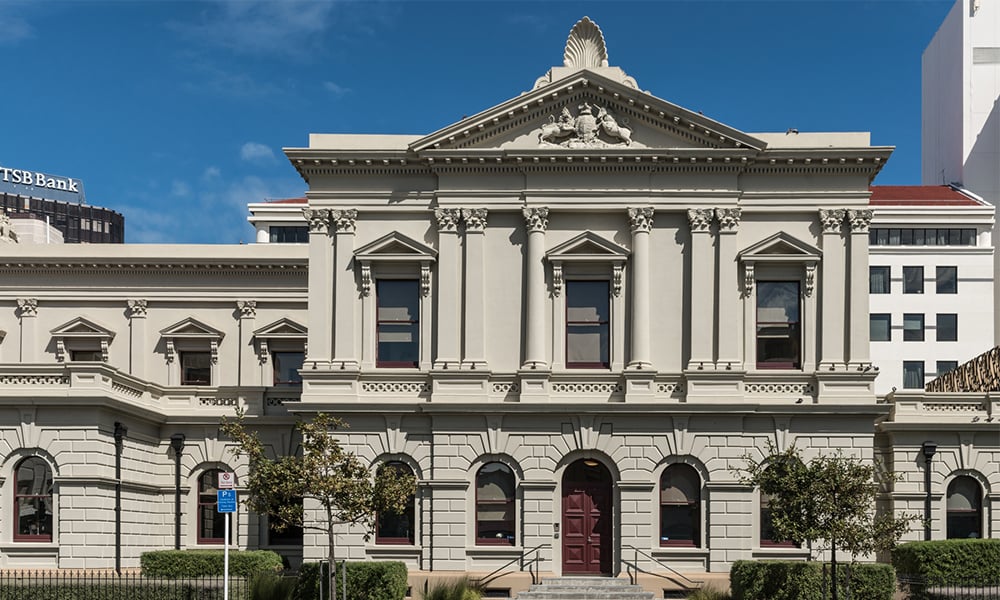
With the COVID-19 pandemic alert level down to 1, courts return to normal operations.

New Zealand courts issued statements on court protocol changes under the relaxed restrictions of alert level 1, which came into effect on 9 June.
Supreme Court
Chief Justice Dame Helen Winkelmann announced on 9 June that the court plans to proceed with scheduled appeals and applications for leave to appeal effective 10 June, with all judges and counsel appearing in person as usual.
The Supreme Court and Court of Appeal also updated their remote hearings protocol for those who wish to attend a hearing via web-based videoconferencing system Virtual Meeting Room (VMR).
Court of Appeal
Hearings will be conducted in person, although counsel and parties may apply to appear via audio-visual link technology like the VMR in line with the provisions of the Courts (Remote Participation) Act 2010.
High Court
Criminal jury trials will recommence on 3 August, and the court will be conducting all scheduled work from the home and circuit registries effective 10 June, according to Chief High Court Judge Susan Thomas.
Both criminal and civil hearings will proceed in person as normal, although remote participation will be an option in appropriate cases.
District Court
Chief District Court Judge Heemi Taumaunu announced that normal operations will recommence for proceedings in the criminal, family, youth and civil jurisdictions. Whānau and other support people may attend hearings as well.
Criminal jury trials will recommence on 20 July in the Dunedin District Court, and on 3 August for the rest of New Zealand. In the Youth Court, operations will gradually transition to full capacity.
Employment Court
Usual operations will recommence in general, although the processes of filing documents electronically and remote payment of fees will continue.
Māori Land Court
Court operations will return to normal, and the court will conduct all work as scheduled. Virtual participation will remain an option to be approved on a case-by-case basis.
Waitangi Tribunal
Usual operations will resume, and the tribunal will carry out work as scheduled. Presiding officers will decide on allowing remote participation in hearings on a case-by-case basis.
Environment Court
Principal Environment Judge Laurie Newhook announced on 10 June that the court is “now processing, mediating and hearing all classes of cases in courthouse and non-courthouse premises” to address its backlog. Cases listed for up to the end of May are under active case management once more, and hearings are being scheduled for June and beyond.
However, remote participation will be allowed for those who have trouble making travel arrangements or have medical concerns.
Coroners Court
The court will recommence its usual work, and the media will retain access to proceedings.
Court Martial and Summary Appeal Court
The court will resume its usual operations and conduct work as scheduled. All parties will appear in person under otherwise directed, and court sittings will be opened to the public unless the presiding judge states otherwise.
Judge rostering and work schedules will be determined by the chief judge of the court martial or the court.
Guidelines for court users are listed here, and those for legal practitioners and service providers are provided here.